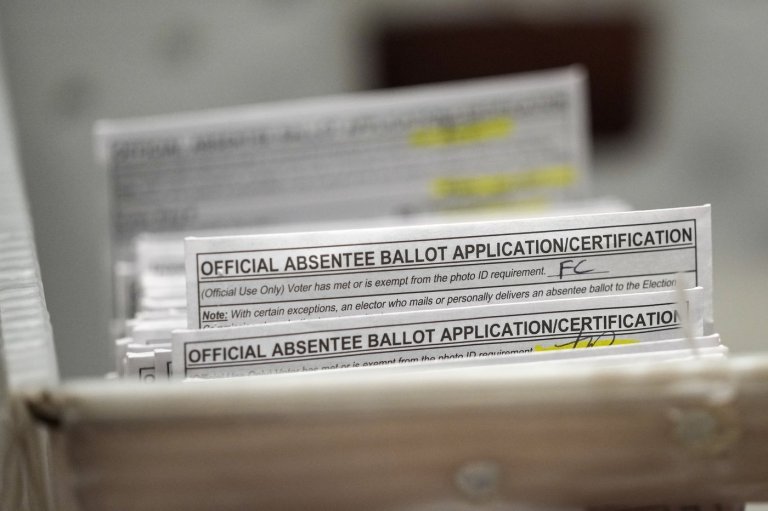
Some plants cause more suffering than others for gardeners with pollen allergies
For many, the return of the spring garden brings with it a sneezy, itchy, foggy-headed feeling that hits the moment a warm breeze stirs up. I’m fortunate not to suffer much, but my blue car turned a chartreuse shade of yellow last week, and a $32 car wash provided results that lasted only two hours. Sigh.
These seasonal allergies often go by the old-fashioned name hay fever, but it’s not the hay that causes misery for so many, it’s the pollen.
And not just any pollen, but the nearly weightless kind that floats up our noses and engages our immune systems. Trees, weeds, grasses and even some of our favorite flowers are culprits.
But pollen isn’t all bad. It’s essential to the reproduction of plants, the survival of insects and the entire food web. We humans could not survive without it, so we absolutely shouldn’t avoid high-pollen plants as a general rule. However, if you’re an allergy sufferer who has had to forgo planting a garden due to health reasons, plants that release the least pollen may enable you to smell the flowers.
Plants that might bring sneezes

Allergy-inducing plants are those that rely on wind rather than bees or butterflies to spread their pollen. Ragweed, which strikes in late summer and early fall, gets the most notoriety, but its springtime counterparts can be at least as irritating.
Trees most likely to cause symptoms include birch (Betula), catawba (Catalba), cypress (Cupressus), elm (Ulmus), hickory/pecan (Carya), oak (Quercus), sycamore (Platanus) and walnut (Juglans), according to the Ogren Plant Allergy Scale (OPALS), created by horticulturist Thomas Ogren and published in his 2020 book, “The Allergy-Fighting Garden.”
Palm trees, too — but only the males. In fact, female trees don’t produce pollen at all, so seek them out when possible.
Grasses can irritate eyes and sinuses, too. The scale ranks Bermuda (except sterile male varieties), Johnson, Kentucky, orchard, sweet vernal and timothy grasses among the highest for allergens.

Weeds like ragweed, curly dock, lamb’s quarters, pigweed, plantain, sheep sorrel and sagebrush are also big pollen producers, Ogren found.
Not all plants are irritating to allergy sufferers
On the other hand, plants with “double” flowers or heavier pollen that doesn’t travel far are less likely to release much pollen.
Among trees, apricot (Prunus armeniaca), fig (Ficus), fir (Abies), fruiting pear (Pyrus), fruiting plum (Prunus domestica, Prunus insititia), redbud (Cerus), serviceberry (Amelanchier laevis), female ash (Fraxinus), female box elder (Acer negundo), female cottonwood/poplar (Populus), female maple (Acer), female palm (Arecaceae) and female willow (Salix) are easier on the respiratory system.

St. Augustine and sterile male Bermuda are safer bets in the grass department.
As for flowers, you’ve got options: Begonia, female clematis, columbine, crocus, daffodil, delphinium, hibiscus, impatiens, iris, bird of paradise, pansy, petunia, phlox, poppy, snapdragon, tulip, verbena and zinnia are friends. Roses, too — especially tightly packed, dense-petaled varieties, which exude even less pollen than those with single or semi-double flowers (rose allergies are more often fragrance-related than due to pollen, according to Ogren).
And if you suffer from seasonal allergies, keeping windows closed and getting someone else to mow the lawn will also help to nip your symptoms in the bud.
___
Jessica Damiano writes weekly gardening columns for the AP and publishes the award-winning Weekly Dirt Newsletter. You can sign up here for weekly gardening tips and advice.
___
For more AP gardening stories, go to https://apnews.com/hub/gardening.
Join the Conversation!
Want to share your thoughts, add context, or connect with others in your community? Create a free account to comment on stories, ask questions, and join meaningful discussions on our new site.













Leave a Reply
You must be logged in to post a comment.